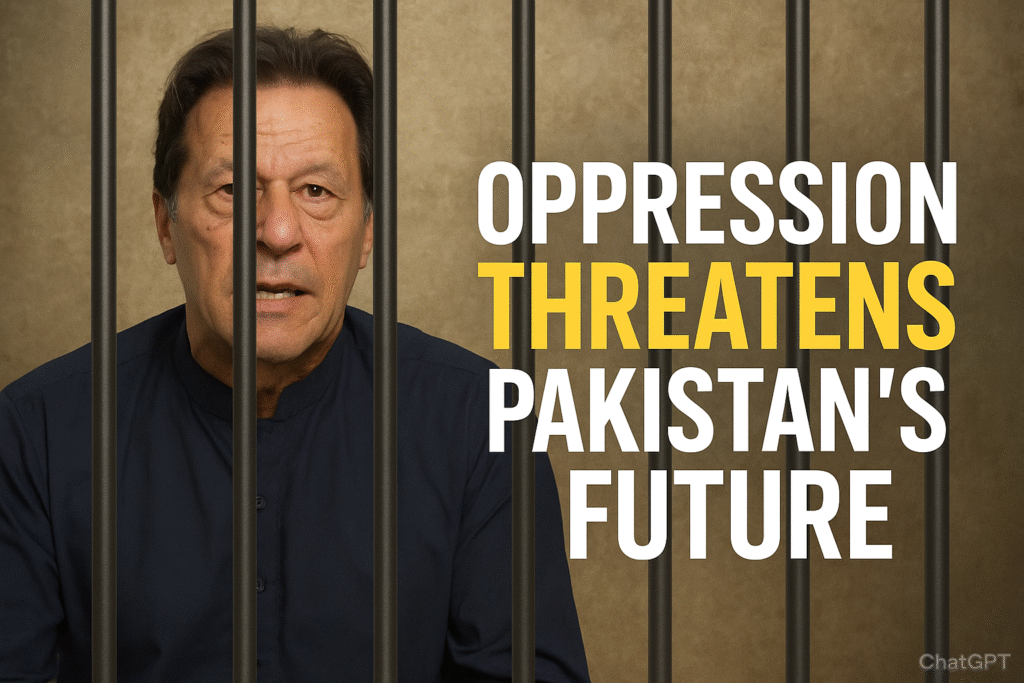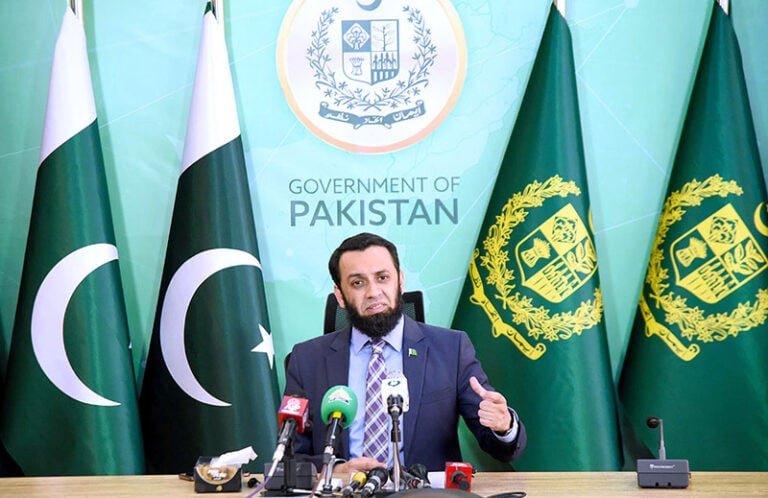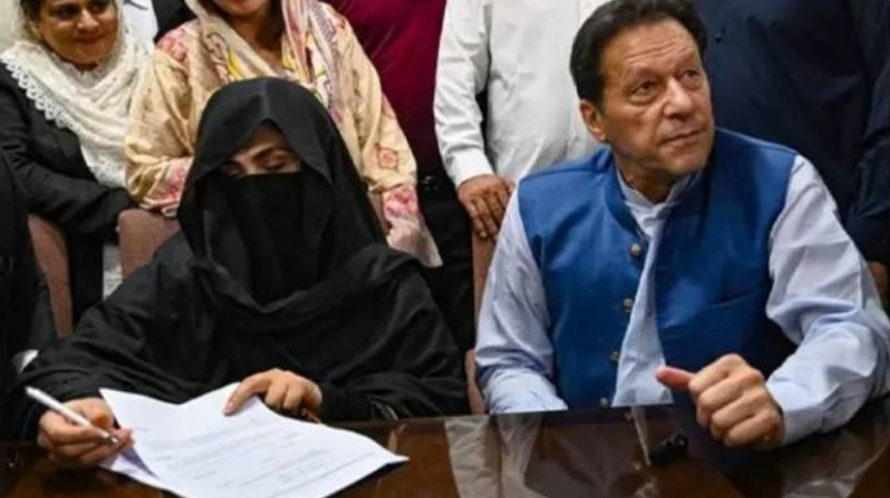A Nation at Crossroads
Imran Khan’s message from jail on October 1, 2025, has shaken Pakistan’s political landscape. His words reflect frustration, but also determination. He highlights fabricated cases, judicial bias, and political revenge. More importantly, he warns of the dangers this system poses for Pakistan’s democracy and economy.
At this point, the country faces two realities. On one side, a government accused of suppressing dissent through selective justice. On the other hand, millions of Pakistanis feel betrayed by a system that seems designed to protect the powerful while crushing opponents.
Imran Khan’s imprisonment is not just about him. It represents the battle for Pakistan’s future. His message is both a warning and a call to action. The people of Pakistan, he argues, must decide whether to accept injustice or fight for their rights.
This article breaks down his key points: the fabricated cases, judicial double standards, economic collapse, and the urgent need for national resistance.
The Toshakhana 2 Case – A Fabricated Trial
The first case Khan mentions is Toshakhana 2. He calls it a “fabricated” case designed to keep him behind bars.
Key witness exposed as a liar
A major turning point came when the main government witness was proven a liar in court. This should have collapsed the case immediately. Yet, the trial continues. According to Khan, this shows clear bias.
Testimony from Brigadier Ahmed and Colonel Rehan
Both his former Military Secretary, Brigadier Ahmed, and Deputy Military Secretary, Colonel Rehan, confirmed that all documentation regarding gifts was compliant with the rules. Their testimonies backed Khan’s stance that nothing illegal was done. Legal experts also agreed the case lacked merit.
Selective justice and double standards in Toshakhana cases
Khan highlighted shocking double standards. He pointed out how Nawaz Sharif took a bulletproof Mercedes illegally, Asif Zardari took three vehicles unlawfully, and Maryam Nawaz not only took a vehicle but failed to declare it in her tax returns. All of this is on record. Yet, no legal action was taken against them.
In contrast, Khan faces fast-tracked hearings and attempts to secure a conviction at any cost. This exposes Pakistan’s justice system as selective and politically motivated.
The Cypher Case – A Costly and Weak Prosecution
The second case Imran Khan calls out is the Cypher case. He describes it as the “most expensive case in Pakistan’s history.”
Why the Cypher case should have been dismissed
According to Khan, the Cypher case was so weak that the High Court itself admitted it should not even have reached the trial stage. Its foundation was politically motivated rather than legally sound.
The financial burden on Pakistan
Millions of public funds have been wasted on this case. In a country struggling with poverty and economic collapse, spending such an amount on a weak case raises serious questions.
The politics behind the case
For Khan, the Cypher case is a tool of political victimisation. He argues that it was meant to silence him and drain his movement’s energy. Instead of addressing Pakistan’s real challenges, the government is focusing on fabricated charges.
The Al-Qadir Trust Case – Targeting a Welfare Project
The third major case is linked to Al-Qadir University, a welfare project.
Purpose of Al-Qadir University
The university was set up to provide youth with both scientific and religious education. It was established before it ever received funds from the Supreme Court. This fact alone should have dismissed any suspicion of wrongdoing.
Delay in hearings and judicial bias
Khan pointed out that despite repeated attempts, the Islamabad High Court delayed hearings for nearly 10 months. Only now, after Chief Justice Dogar’s intervention, is a hearing scheduled for October 16, 2025. Such delays, Khan argues, reflect bias and deliberate obstruction of justice.
Political victimisation of Zulfi Bukhari
Because Zulfi Bukhari refused to give false testimony against Khan, his properties in Pakistan are now being auctioned off. Khan called this the “worst example of political retribution.” Instead of protecting truth-tellers, the system punishes them.
The Role of “Asim Law” in Pakistan’s Judicial Crisis
Imran Khan introduced a new phrase in his message: “Asim Law.”
What is “Asim Law”?
Khan describes it as an unofficial system where justice depends not on the law, but on loyalty. If you support those in power, you are untouchable. If you oppose them, fabricated cases and jail await you.
Protection for allies, punishment for opponents
He pointed to scandals involving wheat, sugar, and land mafia. Those protected by “Asim Law” face no accountability. But opponents like him and his allies are targeted relentlessly.
Examples of selective accountability
Khan compares his own treatment to Nawaz, Zardari, and Maryam. Despite hard evidence of their Toshakhana violations, no cases were pursued. Meanwhile, his transparent acquisition of gifts has been turned into a criminal offence.
This, he argues, is not justice but dictatorship under the guise of law.



